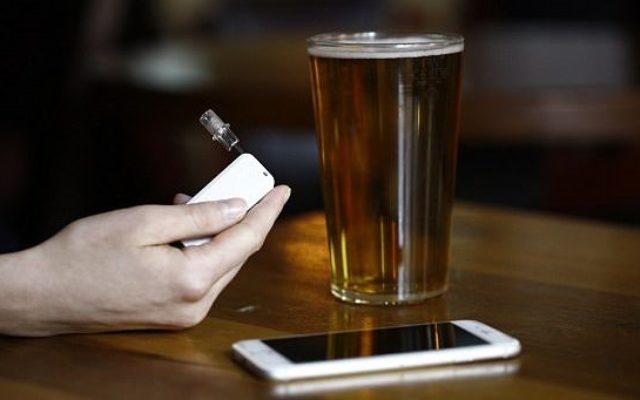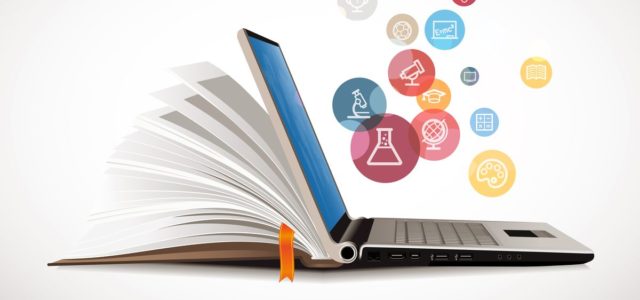We’ve all been there, right? Regretting a beer-induced purchase after a night out, whether it’s a round of shots for your friends, vintage Star Wars toys, 30 pairs of flip-flops, a caravan or perhaps a live chicken.
You may think that sounds ridiculous, but data from iBe TSE found that half of UK drinkers aged 18-34 have made a purchased when drunk, and regretted it the next day. Those items listed above are genuine purchases made by respondents. I too have been the victim of a drunken purchase. Being a lifelong AS Roma fan, I was influenced by my Juventus supporting friends into buying a jersey, much to my disgust the next day when I opened the package.
Thankfully, I’m not alone. 34% of Londoners – of all ages – admit that they have drunk-bought items. In fact, 43% of the population in East Anglia admitted that they have bought whilst drunk, and this region sees the lowest incidence of drunk purchasing, so wherever you are, it’s not only possible but statistically likely that someone near you has drunk-bought at some stage.
These incidents got us all thinking at iBe TSE about ways in which we can use payment, wearables and mobile technology to help solve this problem.
A couple of weeks ago we launched DrnkPay, an app which connects your credit and debit cards with a breathalyser or biosensor wearable to curb inebriated spending. Each payment you make is authenticated to ensure users are under their self-imposed limit when making a purchase. When you’ve had too much, the app will limit certain purchases.
DrnkPay is just one way that we can use technology to influence our spending habits. Our lifestyles are changing and technology is adapting to make things more convenient and easier to manage. The future for payments will be driven by consumer lifestyles, which is something we’ve been dwelling on for some time at iBe.
We’ve seen a lot of this in the past. For example, a new iOS and Android app we’re developing uses AR to engage consumers through discovering ‘waypoints’ at nearby participating shops. The idea is that you generate points that you can then convert into money off vouchers with retailers. This gives a new spin on gamification and is a fun way to engage customers and get them to walk into your shop and spend money, using tried and tested principles deployed by Pokémon Go.
But it’s not just retail and shopping that we revolutionise, it’s also the world of hospitality.
Technology payments app PynGo makes paying for things in restaurants easier. It allows you to pay whenever you want, check your bill in real time, split the bill with friends and store and manage transactions. PynGo also doubles as a tool to help find and rate restaurants and receive personalised offers.
PynGo improves your dining experience by getting rid of the faff. There’s no more waiting for the bill then waiting for the card machine from the member of staff serving you, who always seems to disappear just when you need them most. And imagine a meal out with friends and family that doesn’t descend into a polite argument about who pays for what on the bill. It also becomes a valuable tool for restaurants where they can create loyalty through the app with personalised offers and help to handle more covers (as they say in the trade) than they could in the past.
So, whilst we may come to regret our purchases (I now use the Juventus shirt to wash my car) we can at least marvel at how a lifestyle-led revolution in payments is helping to change the way we behave in a positive way, without causing us an inconvenience.
******
If you’re interested in learning more about how our lifestyles are driving a revolution in payments, iBe TSE is hosting an event during London Tech Week that explores what is possible when our smart devices are paired with payment systems. Join us on Thursday 15th June at 6pm for an AI brewed beer (really) – registration is open now.
Article by channel:
Everything you need to know about Digital Transformation
The best articles, news and events direct to your inbox







